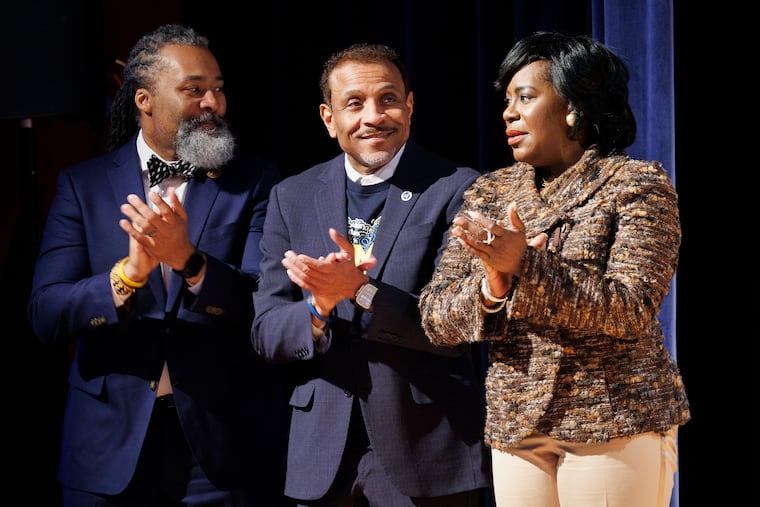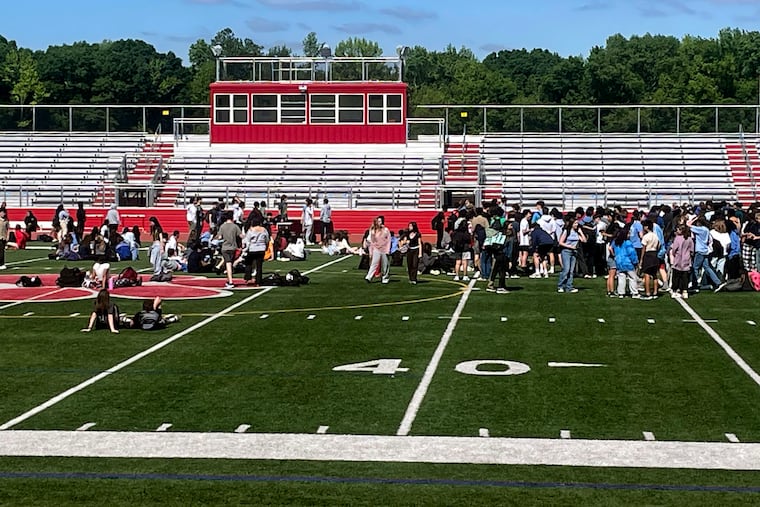Parker Announces No Additional Funding for Philadelphia Schools This Year at City Council Budget Hearing.
The Philadelphia School District is set to allocate 0 million from its reserves to maintain staffing levels and avoid program cuts for the upcoming school year. This financial maneuver comes in response to a predicted budget deficit that is forecasted to reach billion over the next five years, should no additional state or local funding be forthcoming. The school board is expected to approve a budget of approximately .6 billion by the end of May.
Despite calls from some City Council members to increase the district’s share of city property tax collections, Mayor Cherelle L. Parker stated that she cannot support such a measure in the current budget cycle. This year, the school district received a 56% share of property taxes, resulting in an additional million for city schools. Mayor Parker noted her intention to increase this share to 56.5%, but not before 2030. She emphasized that while there is a consensus on the need for increased funding, the city faces multiple competing financial demands that must be considered.
Both Superintendent Tony B. Watlington Sr. and school board president Reginald Streater defended the decision to utilize reserves to sustain current spending levels. They acknowledged that moving forward, relying on the reserves would not be sustainable. The district has shown incremental progress in various academic measures, including improvements in reading and math proficiency, as well as rising graduation rates.
In an effort to enhance educational offerings, the district plans to expand its year-round, or “extended-day, extended-year,” programming, which aims to provide services before and after school, as well as during breaks. Currently, 20 district schools and five city-chartered schools participate in this initiative. The city has allocated million for these programs in the 2024-25 school year, with plans to include 10 more district schools and five additional charter schools by September.
However, concerns remain regarding low proficiency rates in several schools, particularly in North Philadelphia, where many students are not meeting state academic standards. Councilmember Jeffery “Jay” Young highlighted the challenge, stating that students in third grade are struggling with basic math knowledge.
Both Watlington and Streater reassured the Council that the district’s accountability framework is designed to scrutinize academic performance closely and align resources with student needs. While recognizing the slow progress, they remain dedicated to addressing the challenges facing students at the lower end of achievement levels.
The fiscal landscape for the Philadelphia School District remains precarious, and public testimony regarding the proposed budget will take place soon, emphasizing the need for community engagement in educational funding decisions. The decisions made in the coming weeks will undoubtedly have a lasting impact on the trajectory of education in the city.
Media News Source






